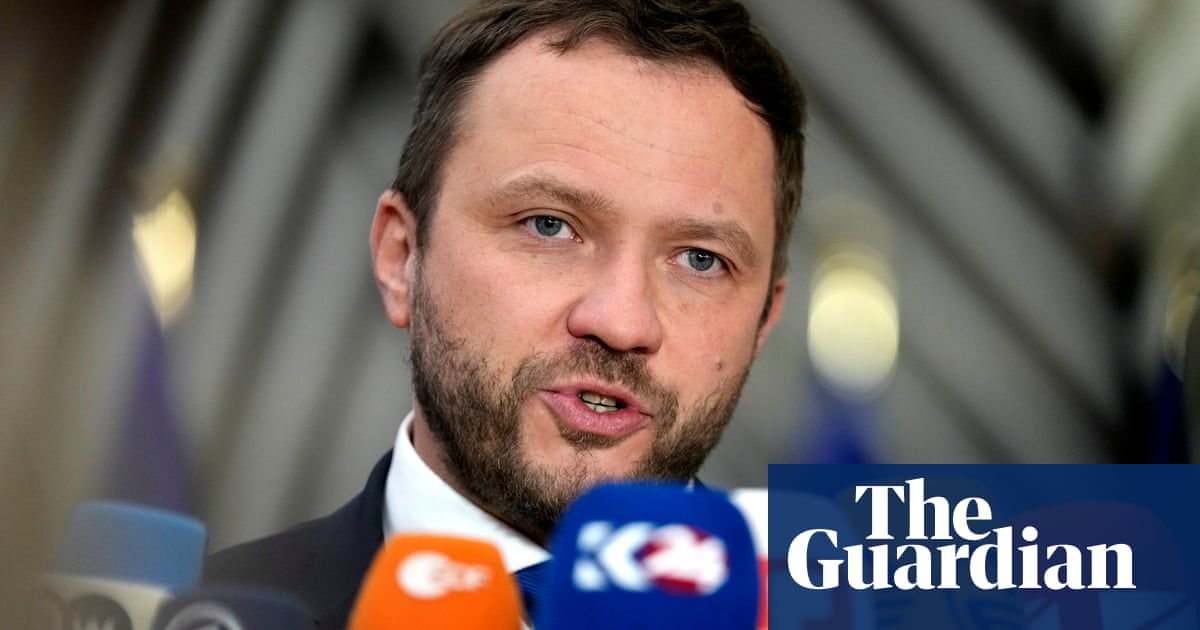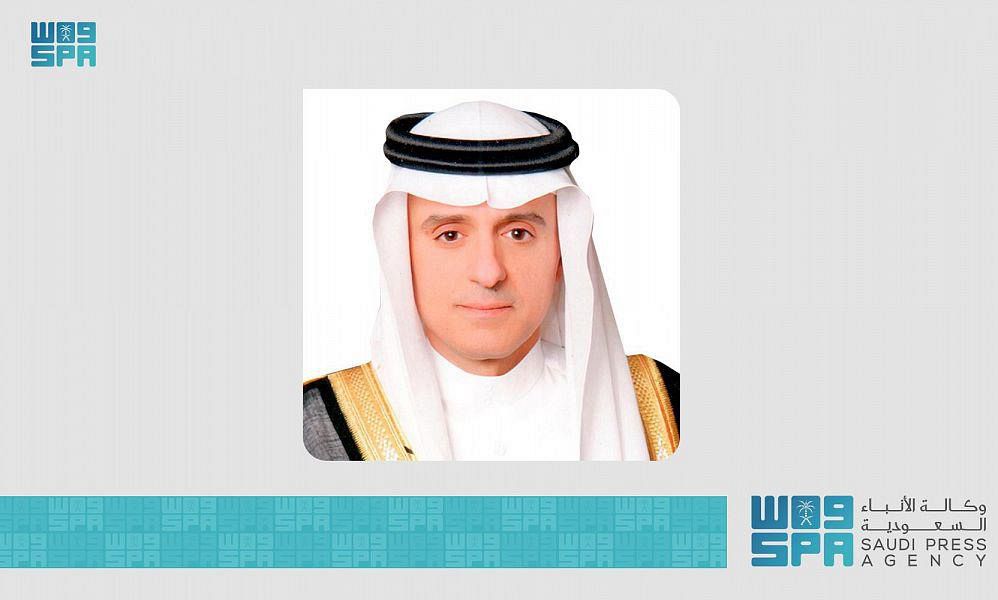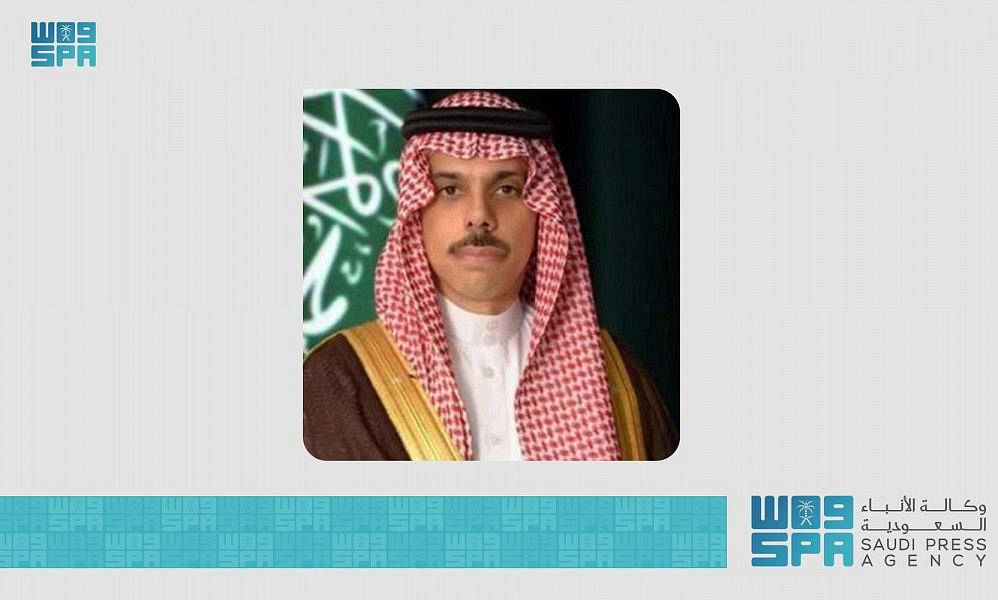
The international rules-based system needs urgent and fundamental change if it is not to collapse, the Estonian foreign minister has said, calling for “a new global conversation” to begin on how to reform the UN and the international criminal court.
Writing in the Guardian on Wednesday, Margus Tsahkna says Russia’s invasion of Ukraine has highlighted flaws in the system that risk fatally undermining people’s faith in it.
Tsahkna calls in particular for the UN security council to take on “additional permanent members to better reflect our modern world”, as well as measures to stop countries that abuse their power of veto, particularly in the case of mass atrocity crimes, a proposal first advanced by Mexico and France in 2015.
“Russia’s ongoing and barbaric war of aggression against Ukraine did not just break the system. It exploited some of its many flaws to degrade its apparently unenforceable norms and values,” Tsahkna writes. “If that continues, we will all eventually lose interest in saving the system.”
Despite its small size, Estonia has been seen as a thought leader inside the EU throughout the Ukraine war, pushing proposals on ammunition procurement and the pursuit of the Russian leadership through a special tribunal.
Now Estonia is broadening its calls for fundamental change, with Tsahkna arguing that “the only certainty” in the world as it enters a new year “is that the existing international system cannot survive unchanged much longer”.
If trust in the currently powerless international system is not restored, he warns, the world will return to an era of “age of empires” in which “might makes right”.
“International institutions now too often seem powerless, at best, to deal with the most serious challenges of our time. At worst, they are complicit in enabling them. With confidence rapidly fading, the entire system risks collapse. That would mean the return to an age of empires in which “might makes right”, and everyone suffers,” Tsahkna says.
Agreement on the need for reform will not be easy, he admits. He says it is necessary to accept that across Africa and parts of Europe “victims of imperial conquest feel disengaged” from the rules-based system.
But he says reform is essential. In a measure mainly aimed at Russia, Estonia wants to capture the mood for reform by setting up a group to analyse the actions that the UN general assembly could take against a permanent member of the security council that tramples on the UN charter, the foundational treaty.
Estonia believes Russia’s use of the veto in the Ukraine war has revived global interest in UN reform stalled for decades by the lack of consensus on a way forward and the inbuilt threat of the veto to block any change.
“The security council needs additional permanent members to better reflect our modern world. It must also be reminded that it has primary, not exclusive, responsibility for international peace and security. We must protect the world from abusive veto users,” Tsahkna says.
He also calls for the founding Rome statute of the international criminal court to be reviewed to ensure accountability for the crime of aggression is included. He says the general assembly should take a lead by creating a special tribunal now to deal with the crime of aggression. The US has stalled on the proposal partly because it fears there are not the votes in the assembly for the measure.







